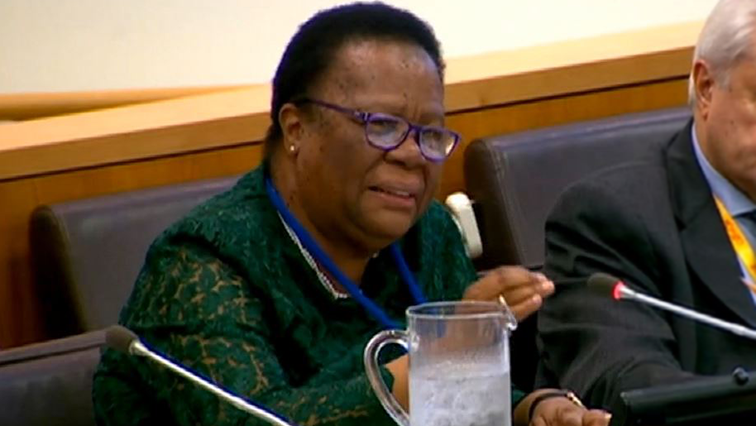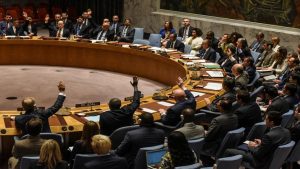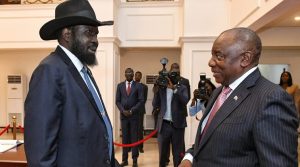Partnerships in pursuit of peace and security in Africa can only succeed provided all partners complement each other while working towards a common objective.
Those are the words of Minister of International Relations Naledi Pandor during a debate in the UN Security Council seeking to strengthen the partnership between the United Nations and regional organisations as it relates to peace and security in Africa.
Pandor told her Council colleagues that despite some progress, the challenges facing the continent remain complex.
Despite some shoots of hope in situations in Sudan, South Sudan and the DRC, the African Union’s aspiration to silence the guns by 2020 appears a long way off.
She says: “Despite the progress made, the challenges facing the continent are complex and many, involving multiple crosscutting issues. These include the building of peace and security; promoting inclusive socio-economic development and resilience; promoting access to resources and economic opportunity; and promoting and entrenching democracy and good governance and respect for humanity.”
Minister Pandor also pointed to historical contributing factors for instability and insecurity that include poverty, marginalisation, inequality, unemployment, failure to manage diversity, poor governance and the scramble for natural resources. External interference was also listed.
“The matters of terrorism, violent extremism and inter-communal violence have perpetuated instability in some parts of the continent taking advantage of the vacuum created by ongoing conflict, poverty and inequality. Coercive and often unconstitutional changes in governments through military adventurism have also served to degrade social capital and the economies of countries, resulting in widespread violence and humanitarian crises.”
She pointed out that a key area for strengthening the relationship is financing of AU-led peace support operations in Africa, an issue the African members of the Council have been championing for months.
“We would like to further underline the imperative of involving women, on an equal footing in peace and security processes. This is not only limited to countries in conflict but includes all UN Member States, in order to ensure the prominent role of women in issues discussed in institutions such as this one.”
“The inclusion of the youth in these processes would also be vital. These provisions are not merely for the sake of gender parity within the pursuit of peace and security, but are a necessary requirement for more sustainable and effective peace, security and development on the continent,” adds Pandor.






